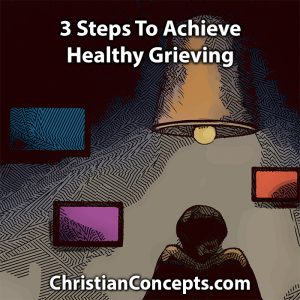Reading time: <1 minutes
I wrote an article for Darlene Harris, creator of And He Restoreth My Soul Project. Her goal is to provide healing resources for those caught in the crossfire of abuse.
If you suffer from the effects of abuse or know someone who does, this article explains the emotional and spiritual struggles of abuse and offers steps for recovery. Read Part I: Sexual Abuse Recovery From a Christian Perspective. Part II will be posted on May 14.






